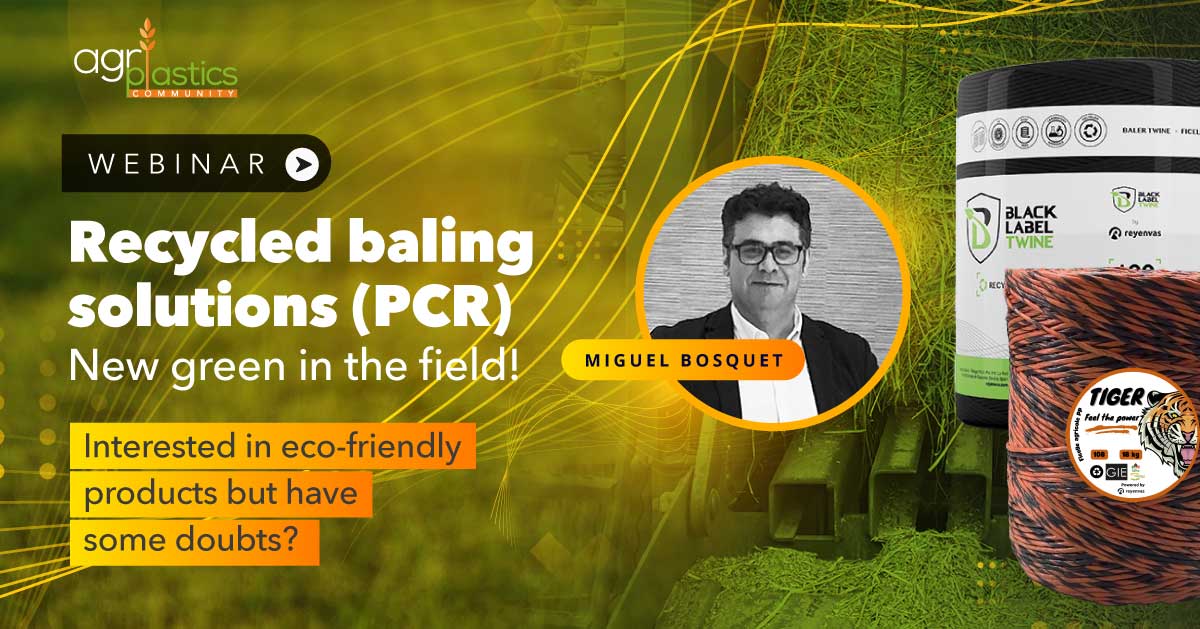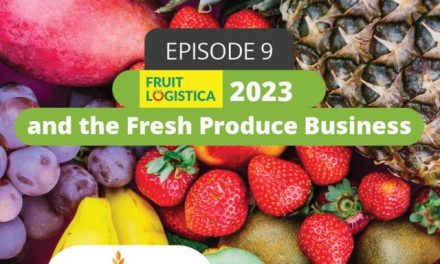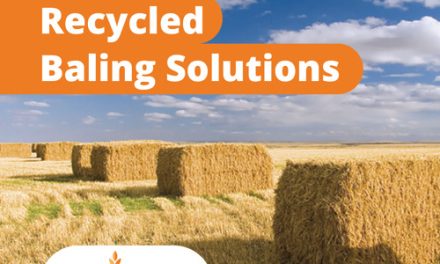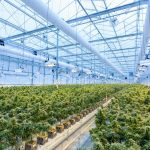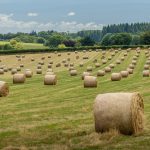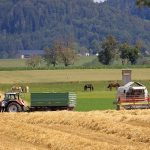

While in the world of agriculture it’s important to know the types and conditions of the soil where the crop will be planted, as well as the prevailing climate and environmental factors that affect it, it is also essential to consider some of the main tools that are used once harvest time arrives. In this opportunity, we will talk about recycled baling twine.
Why is it important to consider recycled baling twine?
Basically because when farmers carry out the harvesting process they usually use baling machines that are in charge of gathering the crop and placing it in bales, which will be moved to a storage location later on.
These baling machines use twine to hold together the compacted crop. This not only prevents the loss of a large part of the harvested crop once it is transferred to another facility but also extends the life and quality of the bale.
By using recycled baling twine we enter the wheel of circular economy which, in the case of the agricultural sector, would seek to reuse plastic materials used in the field to give them new life.
Currently, one of the companies that is developing this type of recycled baling twine is Reyenvas, which belongs to the Armando Alvarez Group, and whose products include Black Label Twine and Tiger Twine. Below, we will talk a little about these products.
Why develop recycled baling solutions?
According to Miguel Bosquet, a specialist in the agricultural area, one of the main reasons for developing recycled baling twine is because it meets farmers’ expectations in terms of the application of these baling products and, in turn, contributes to participate in the protection of the environment.
Today, products made from recycled raw materials can be found in bottles, containers, clothing, packaging, and furniture, to name a few, and manufacturers of solutions for the agricultural sector are no strangers to this trend.
Why is the reuse of raw materials important?
It is no secret to anyone that the production and consumption of plastic products have increased over the years, just take a look at the numbers that reflect the production of plastics in the world. “In the year 1950 alone, 1.5 million tons were produced, while by the year 2018 the production was already 359 million tons,” according to Bosquet.
Although in the agricultural area the production and use of plastics have a small percentage, compared to other areas such as construction, packaging, furniture, and automobiles, among others, it is necessary to do something with the plastic that is used in agriculture, so it can be recovered, recycled, and reused in some other way.
Armando Alvarez Group’s commitment to manufacturing products from recycled materials includes the following aspects:
- Reduce the thickness of plastics
- Recycle their internal production waste
- Purchase certified raw materials
- Implement a system to reduce PVC waste from cores
- Fulfil a commitment acquired with customers for collection and recycling (programs in Spain, France, Germany, etc.)
- In the case of Reyenvas, efforts are focused on reducing the carbon footprint of companies that use its products made from recycled material
- Improve emissions control and compliance with CO2 reduction commitments
The idea is that by using such materials, such as recycled baling twine, the carbon footprint can be reduced by at least 20%-30% compared to packaging solutions made from virgin material.
However, aside from all the commitment to protect the environment, what the farmer must keep in mind is that, in addition, these packaging solutions made of recycled material fully meet the customer’s expectations of use. We will go over this aspect in a success story later on.
What packaging solutions made from recycled materials can be found in the agricultural market?
In this opportunity, we will highlight two of the solutions manufactured by Reyenvas: Black Label Twine and Tiger Twine.
Black Label Twine is the first brand within Reyenvas’ recycled baling twine solutions and is an all-black twine, while Tiger Twine, part of the brand’s second line, is a bicolor twine (orange and black).
According to Bosquet, to create these recycled baling twines it is necessary to bring together several “ingredients” to create high-quality products that meet the needs of farmers.
To obtain an almost equivalent to a fully “virgin material” it is necessary to have a mixture between PIR (Post-Industrial Recycled Raw Material) and PCR (Post-Consumer Recycled Raw Material).
PIR is the raw material made from waste generated within the plastics industry and PCR is the raw material made from consumer or end-user waste. These raw materials are combined to create a new product that is recycled at the same time since it comes from products that have already been used once.
“In the case of PCR, Reyenvas is in the process of certification by AENOR that is in charge of measuring the carbon footprint in products”, indicates Bosquet.
Main concerns when talking about agricultural solutions made from recycled materials:
Certain doubts tend to arise when talking about products made from recycled materials, as agricultural producers are not willing to sacrifice the results obtained with the materials they had already been using to bet on solutions made from recycled material.
However, with all the advances in terms of innovation and development, it is now more feasible to have recycled baling twines that actually do their job, as well as being environmentally friendly.
Technical properties of Black Label Twine and Tiger Twine:
- Use of post-industrial recycled material with at least 30%. This percentage fluctuates according to the grade of raw material available at the time of manufacture.
- Strong fibrillated twine structure.
- Good knot strength and resistance.
- Black and black/orange color for better visibility.
- Suitable for all brands of machines.

Certifications that endorse the performance of these recycling baling solutions
Black Label Twine and Tiger Twine are certified by different organizations, which means that the materials used to manufacture them comply with the standards required by the different institutions in charge of measuring this type of product.
Some of these certifications are from APE (Agriculture Plastics Environment), the Board of Andalusia, EuCertPlast, AENOR, and ERDE, among others.
In addition to certifications, field trials on different terrains and with different baling machinery are another compelling reason to convince farmers around the world that these solutions offer high performance.
It is worth mentioning that it is not the same to test recycled baling twine in the United States as it is in Canada, Germany, or France, just to mention a few countries. Furthermore, Bosquet states: “What is gratifying is that, by doing these tests, many farmers have been satisfied with the products, seeing that they don’t get stuck in the machines, that they flow well, that they are quite simple to use, and that they meet their objectives.”



Following are some of the questions frequently asked by potential buyers:
Would it be possible to use 100% PCR in recycled baling twine or any other agricultural product?
According to Bosquet “it is not advisable to use 100% PCR if you want to maintain a high-performance product. In the case of baling twine, you need the product to withstand a lot of pressure, so 100% PCR would not work, although we are still working on it from our R&D department.”
Is recycled material cheaper?
Currently, recycled raw material is less expensive compared with virgin raw material. However, it is possible that over time, depending on demand, both raw materials will have a similar cost.
For further information on this topic and everything related to recycled baling twine, we recommend watching our webinar on recycled baling twine solutions.
Why is it important to try to reduce the carbon footprint?
Because it is an issue that is not new and that generates concern among farmers and consumers.
In general, there is a growing awareness of the need to use more environmentally friendly materials, and, in the case of farmers, this is evidenced in their need to have eco-friendly plastics in their fields, which at the same time respond to the specific requirements of their business, either to cover their crops or, to pack their harvest. Certainly, a challenge for manufacturers.
Bosquet adds that, although it has not been a constant, some of their customers have asked about the carbon footprint of their products before purchasing their packaging solutions.
Just as efforts are being made in Spain, other countries such as France, the United Kingdom, and Germany are implementing increasingly effective measures to collect and treat plastic waste generated in their agricultural industries.
Why are farmers choosing more sustainable practices in agriculture?
Because farmers want to enhance their crops by using plastic in its different forms, but they are also becoming aware of the importance of making the materials they use more environmentally friendly so that their crops will be more profitable over time.
The commitment of many of the companies involved in manufacturing plastics for agriculture is reflected in today’s plastics trends.
The current trends towards the use of more sustainable practices in agriculture that are present in the industry are looking for:
- Use of compostable or biodegradable products.
- Prioritize the use of products manufactured with some % of recycled material.
- Increase the use of biodegradable mulch.
- Increase the use of biodegradable tutor twine.
- Use plastics with reduced thickness.
We also invite you to read other posts related:
If you are interested in recycled baling twine solutions, please don’t hesitate to contact our experts.
The recommended product in this article:

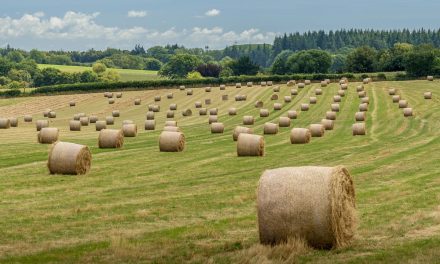
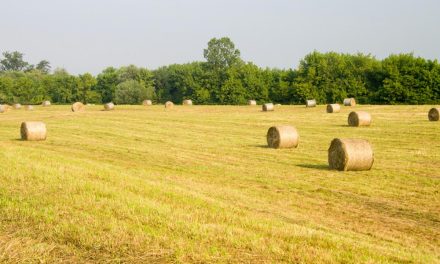

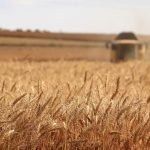
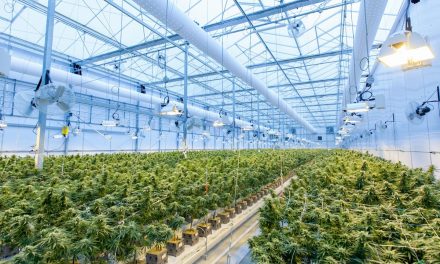
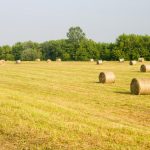

![[eBook] Sustainability and water management](https://agriplasticscommunity.com/wp-content/uploads/8_550x310_ENG-440x264.png)
![[eBook Trends in Agriculture Plastics] Increasing use of biodegradable mulch](https://agriplasticscommunity.com/wp-content/uploads/550 × 310_2_ENG-150x150.png)
![[eBook Trends in Agriculture Plastics] Reducing the plastic used in the manufacture of agricultural films](https://agriplasticscommunity.com/wp-content/uploads/550 × 310_1_ENG-150x150.png)



